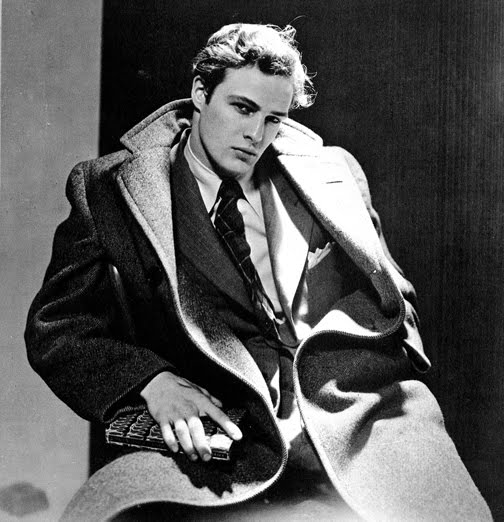The kickoff press conference was held in conjunction with a Cannabis Mylar Art Exhibit, showcasing over 1,000 commercial mylar product packages from the legal and illicit market, at the Mirus Gallery & Art Bar at 540 Howard Street throughout April.
 |
| One of the Mylar Art pieces at Mirus |
Wearing a Giants jersey and bright orange suit, Breed said she was grateful to be part of, “an opportunity that is so San Francisco.” She added, “When you think about San Francisco, you think about fun, you think about excitement, you think about joy. And the cannabis community, even before it was legalized in California, has been such an important part of that.”
Mentioning the Beat poets in North Beach and the Summer of Love in the Haight as examples of San Francisco culture that have spread across the world, Breed said today’s efforts would help “transform the conversation and open up opportunities for people to experience joy through cannabis.” She joked that SF Weed Week should be held at the same time as Restaurant Week (because, the munchies).
Cannabis businesses are projected to bring in $789 million to the city in 2024/25 Breed said, mentioning that SF has approved 52 business permits through their equity program, and has given out $11 million in grants for equity programs in cannabis. She said SF Weed Week was an opportunity to “support our dispensaries and small business, and use this as a way to bring tourists and other people back to our city for an experience that only San Francisco can provide.”





